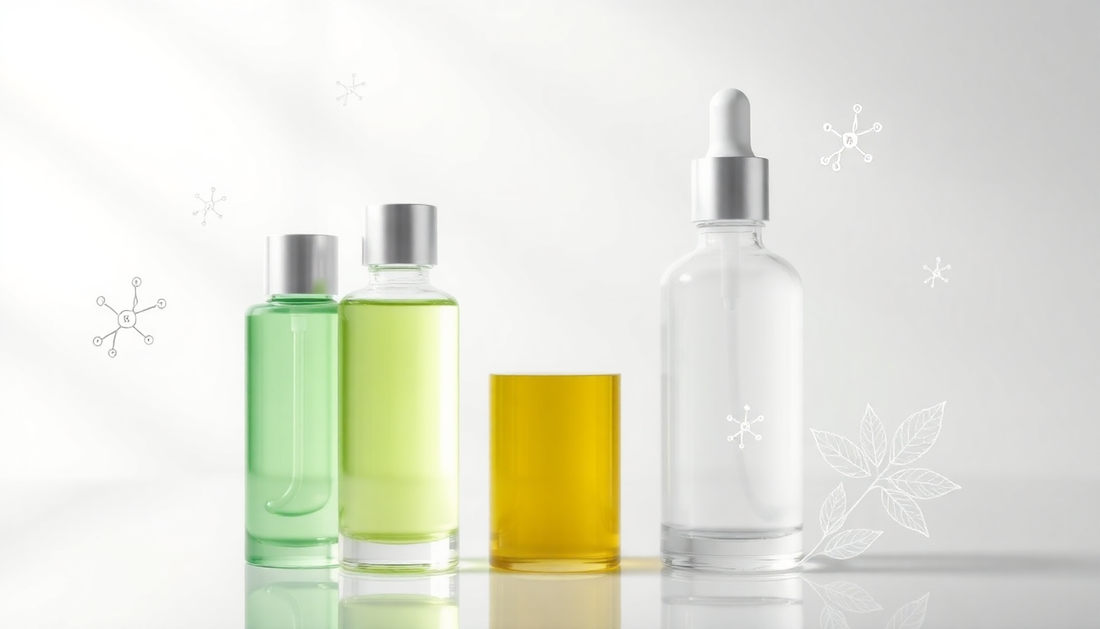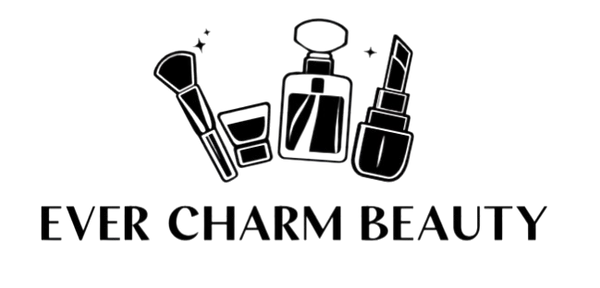
Retinol vs. Bakuchiol: Which Anti-Aging Ingredient Works Best?
Share
In the ever-evolving world of skincare, the quest for the ultimate anti-aging solution remains a top priority for many. Two key players in this arena are retinol and bakuchiol, both touted for their remarkable ability to combat the visible signs of aging. As we step into the year 2025, it's time to delve deeper into the debate: Retinol vs. Bakuchiol - which one reigns supreme?
Understanding Retinol
Retinol, a derivative of vitamin A, has long been revered as a skincare powerhouse. This potent ingredient has the ability to stimulate collagen production, reduce the appearance of fine lines and wrinkles, and even out skin tone. By accelerating cell turnover, retinol helps to unclog pores, diminish the look of age spots, and leave the skin with a youthful, radiant glow.
However, the use of retinol is not without its challenges. Many individuals experience irritation, dryness, and increased sensitivity when first introducing this ingredient into their routine. It's crucial to start with a low concentration and gradually increase the frequency of use to allow the skin to acclimate. Proper application techniques, such as using retinol at night and following up with a moisturizer, are also essential to minimize potential side effects.
Introducing Bakuchiol
Bakuchiol, a plant-derived compound found in the Psoralea corylifolia plant, has emerged as a natural alternative to retinol. This gentle yet effective ingredient has been gaining significant traction in the skincare industry, thanks to its ability to mimic the benefits of retinol without the harsh side effects.
Unlike its synthetic counterpart, bakuchiol is a non-irritating, non-drying option that can be safely used by those with sensitive skin. It has been shown to improve the appearance of fine lines, wrinkles, and uneven skin tone, all while promoting a more radiant and youthful complexion.
One of the key advantages of bakuchiol is its suitability for a wider range of skin types. Whether you have dry, oily, or combination skin, this ingredient can be seamlessly incorporated into your routine without fear of excessive dryness or irritation.
Comparative Analysis
When it comes to the effectiveness of retinol vs. bakuchiol, the scientific research paints a fascinating picture. A 2018 study published in the British Journal of Dermatology found that bakuchiol was just as effective as retinol in improving the appearance of fine lines and wrinkles, with the added benefit of being better tolerated by the skin.
Another study, conducted in 2020, revealed that bakuchiol not only matched the anti-aging benefits of retinol but also demonstrated superior results in reducing hyperpigmentation and improving skin elasticity. This suggests that bakuchiol may be a more well-rounded option for those seeking a comprehensive anti-aging solution.
However, it's important to note that the potency and efficacy of both retinol and bakuchiol can vary depending on the individual's skin type, age, and overall skin health. While bakuchiol may be a gentler alternative, retinol may still be the preferred choice for those with more resilient skin who are looking for a more aggressive approach to combating the signs of aging.
How to Incorporate Bakuchiol
Incorporating bakuchiol into your skincare routine is a straightforward process. Experts recommend starting with a low concentration, such as 0.5% or 1%, and gradually increasing the strength as your skin becomes more accustomed to the ingredient.
When using a bakuchiol serum, it's best to apply it in the evening, as this is when the skin's natural repair and regeneration processes are most active. For optimal results, follow up with a moisturizer to lock in the benefits and prevent any potential dryness.
It's also important to note that bakuchiol can be combined with other skincare ingredients, such as vitamin C, hyaluronic acid, and niacinamide, to create a comprehensive anti-aging regimen. However, it's always wise to consult with a dermatologist or skincare professional to ensure that your routine is tailored to your specific needs.
Conclusion
As we navigate the ever-evolving landscape of anti-aging skincare, the debate between retinol and bakuchiol continues to captivate the attention of beauty enthusiasts and skincare experts alike. While both ingredients offer remarkable benefits, the choice ultimately comes down to individual skin type, tolerance, and personal preference.
For those seeking a gentler, more natural alternative to retinol, bakuchiol presents a compelling option. Its ability to deliver similar anti-aging results without the potential for irritation makes it an appealing choice, particularly for those with sensitive skin.
On the other hand, retinol remains a tried-and-true powerhouse in the world of skincare, offering a more potent and targeted approach to combating the visible signs of aging. For those with resilient skin and a desire for more aggressive results, retinol may still be the preferred choice.
Ultimately, the decision between retinol and bakuchiol should be made in consultation with a skincare professional, who can assess your unique skin needs and guide you towards the most suitable option. By staying informed and open-minded, you can embark on a journey towards a more youthful, radiant complexion that will have you feeling confident and beautiful in 2025 and beyond.
